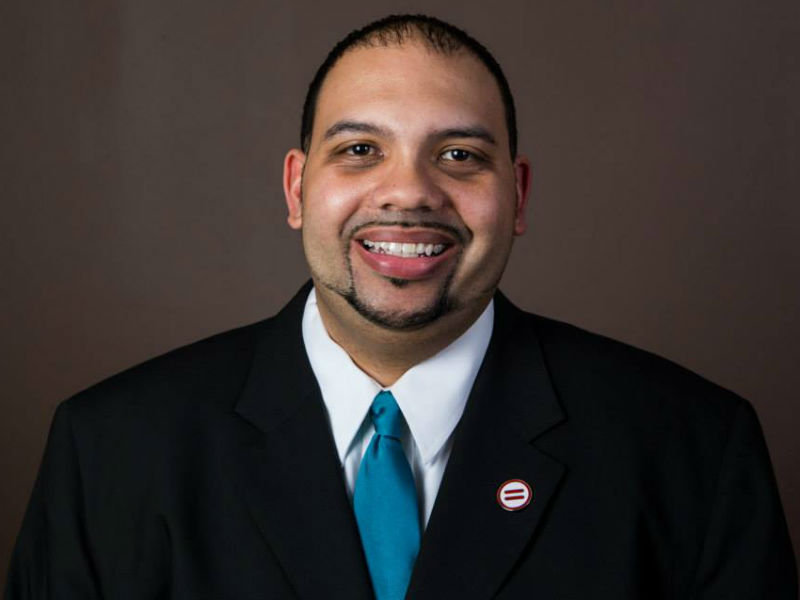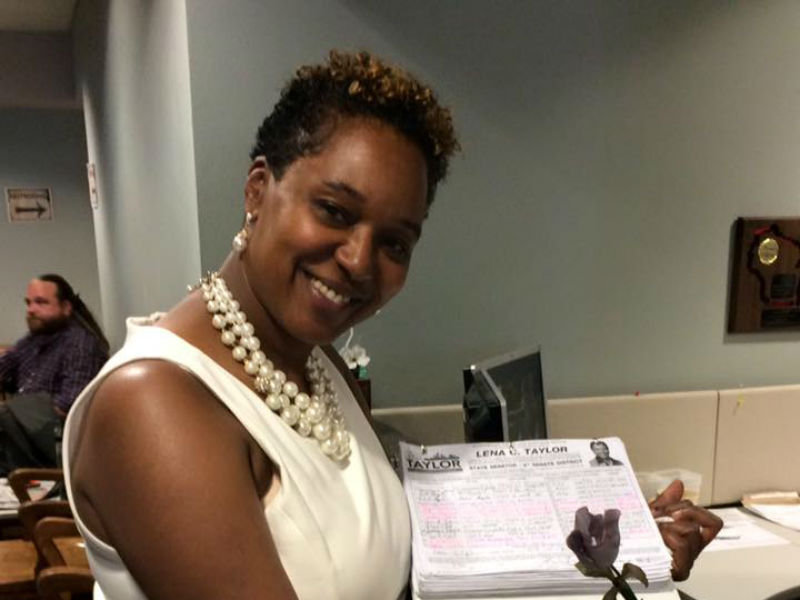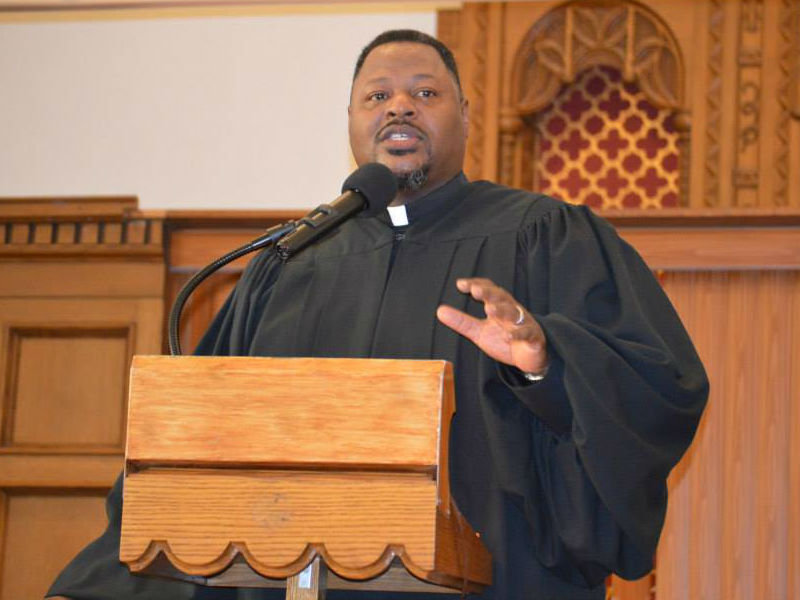In the wake of what happened in Sherman Park the weekend of Aug. 13-14 and in examining the discourse since then, one of the only things that seemed clear was that we were all talking about it in very different ways.
Was it an uprising? A protest? Rioting? Violence? Unrest? An immediate reaction to another cop-involved shooting of an African-American? Criminal opportunism after a defensible police encounter? An inevitable response to a history of racial oppression? Something bigger, something worse, something isolated, something fixable?
Black and white, law enforcement and community activists, liberal and conservative, rich and poor, some government leaders and other government leaders, racists, progressives, the well-meaning-but-unhelpful, the well-worn-and-cynical, those new to the social dialogue and those who’ve been beseeching change for years, private citizens, the public, the media and everyone else, we all used different language and had different motivations and viewpoints in speaking about Sherman Park.
And yet, right away, even before the smoke had cleared from the burned-down gas station in a still-smoldering neighborhood, we heard, in some form or another, over and over: Milwaukee, we need to talk about systemic issues. We need to have a real conversation about race.
But how? And where to start? And have we had this conversation before? If not, why not? If so, why is much apparently the same? Are you sitting at the table? Who is? Who doesn’t want to but needs to be? What is the true, honest, ultimate goal? And is it the same goal for all people in and around the city? And does conversation make a difference? What about how we talk within the conversation?
Race is a hugely important but uncomfortable area of discussion, especially among white people and particularly in the media, where competing concerns of fair and accurate reporting can bump up against the ethics of conveying stories from a community you may not fairly and accurately represent.
Talk is cheap, especially when it’s fleeting and superficial – merely topical news to cover – and saying "we need to have a conversation about race" is downright chintzy. Like other outlets, OnMilwaukee struggled in its editorial office with how to tell meaningful stories about race, objectively but empathetically, with an aim for change, while fully understanding we can’t understand fully what it’s like to be African-American in this city.
So, we talked to people who do understand, who do know; we asked them to tell us what it’s like, how it feels, not just during the contentious past couple of weeks here, but the past couple of years, the past several decades and even longer historically, psychologically, institutionally. We asked about those structural, societal issues – education, employment, incarceration, segregation, poverty and others – that need to be addressed on a large scale, but also about micro, specific, little-known problems that can be revealed and resolved right now.
We went in without angle or agenda or any pretense that we knew what the hell we were talking about. We asked why this city – and the country – sucks at discussing race; whether people need to be uncomfortable, really uncomfortable, and vulnerable to substantively have the discussion.
We asked, straight up, what white people – including those in government, law enforcement, media, business, advocacy and elsewhere – can and should do to further the conversation and foment real change, and we got responses ranging from work to integrate to leave us alone, from offer authentic assistance to just stop killing us, and a lot in between.
Essentially, we wanted to hear different views, ideas and entry points into this difficult and complex conversation. To be given perspectives, and gain perspective, on race. We sought to find relevant opinions and possible solutions, directly from influential and involved community members, to racial problems, relations and inequalities. We hoped to contribute something truly useful, but also to stay out of our own way.
"Milwaukee Talks Race" is a series of in-depth and unfiltered Q&A-style interviews that will be running this week and next, and then regularly going forward on OnMilwaukee.com. It’s a way to have the conversation we keep saying we need to have – on a real, human, one-on-one- level – to introduce new and different (and some of the same, but even more strident) voices to it and to ensure that conversation doesn’t simply fade away when the news cycle moves on.
We’ll continue to reach out to interviewee candidates and hope they agree to offer their insights, whether uncomfortable or radical or genius. We’ll transcribe their words and hope they engage other people to talk seriously about important issues, rather than just more of the same. Time will tell if these conversations are effective or produce change. For now, they promise only a platform for potential.
You want to have a real conversation about race, Milwaukee? Let’s do it. Let's #raiseMKE
Born in Milwaukee but a product of Shorewood High School (go ‘Hounds!) and Northwestern University (go ‘Cats!), Jimmy never knew the schoolboy bliss of cheering for a winning football, basketball or baseball team. So he ditched being a fan in order to cover sports professionally - occasionally objectively, always passionately. He's lived in Chicago, New York and Dallas, but now resides again in his beloved Brew City and is an ardent attacker of the notorious Milwaukee Inferiority Complex.
After interning at print publications like Birds and Blooms (official motto: "America's #1 backyard birding and gardening magazine!"), Sports Illustrated (unofficial motto: "Subscribe and save up to 90% off the cover price!") and The Dallas Morning News (a newspaper!), Jimmy worked for web outlets like CBSSports.com, where he was a Packers beat reporter, and FOX Sports Wisconsin, where he managed digital content. He's a proponent and frequent user of em dashes, parenthetical asides, descriptive appositives and, really, anything that makes his sentences longer and more needlessly complex.
Jimmy appreciates references to late '90s Brewers and Bucks players and is the curator of the unofficial John Jaha Hall of Fame. He also enjoys running, biking and soccer, but isn't too annoying about them. He writes about sports - both mainstream and unconventional - and non-sports, including history, music, food, art and even golf (just kidding!), and welcomes reader suggestions for off-the-beaten-path story ideas.







